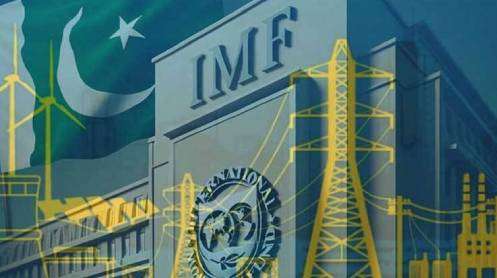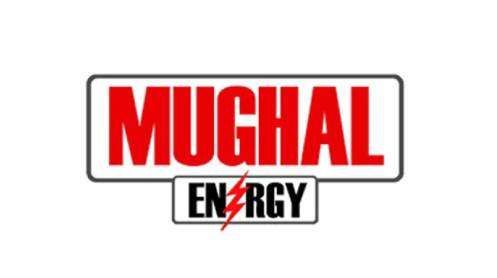ISLAMABAD: The Government of Pakistan has submitted a detailed roadmap to the International Monetary Fund (IMF) and the World Bank outlining its plan to transition to targeted power subsidies for low-income households through the Benazir Income Support Programme (BISP), sources revealed to Business Recorder.
This major policy shift is part of broader energy sector reforms aimed at curbing inefficiencies, reducing blanket subsidies, and promoting climate-resilient practices. Currently, indiscriminate tariff differentials and cross-subsidies disproportionately benefit wealthier consumers and strain the power sector’s financial sustainability.
The reform design—developed collaboratively by the Power Division, BISP, Finance Division, and led by the Poverty Alleviation and Social Safety (PASS) Division—has been shared with the IMF as part of its Resilience and Sustainability Facility (RSF) program.
Under the agreed timeline, identification and verification of eligible BISP beneficiaries will be completed by December 31, 2025. By FY2027, the government will eliminate Tariff Differential Subsidies (TDS) and shift entirely to direct subsidies for verified low-income consumers, with full implementation set for January 2027.
Power Minister Sardar Awais Leghari has reviewed the initial roadmap and instructed the Power Planning and Management Company (PPMC) to assess the impact on consumers. The evaluation is expected by mid-May, with the roadmap to be presented to the Prime Minister and subsequently to the Cabinet for approval by mid-June 2025.
Additionally, a similar targeted subsidy model is under review for the gas sector, with a feasibility assessment due by June 2026.
To complement these reforms, the government plans to enforce Minimum Energy Performance Standards (MEPS) for key appliances—fans, LEDs, refrigerators, air conditioners, and motors—by June 2027. New procurement rules requiring MEPS compliance at federal and provincial levels will be introduced by December 2025. The National Energy Efficiency and Conservation Authority (NEECA) will begin quarterly MEPS compliance reporting from the same date.
Story by Mushtaq Ghumman







